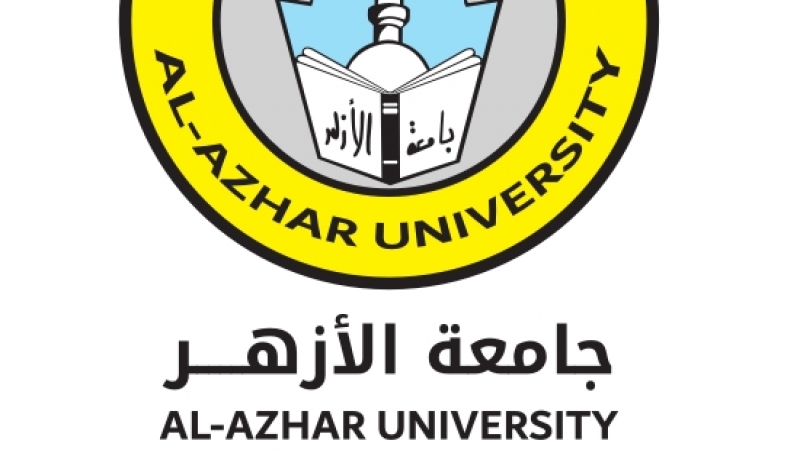



Human Rights Watch has accused a dozen Egyptian officials including the current president General Abdel Fattah el-Sisi of perpetrating crimes against humanity during last year's attack on peaceful protesters and called for an international investigation. Will these materialize? Given the international environment and the outlaw regimes backing Sisi and his thugs, it is highly unlikely but HRW's exposure of such crimes is welcome.
The people of Egypt have delivered the only verdict they could possibly do in the circumstances: treat the entire election process with utter contempt. Officially the voter turnout was put at 37 percent but observers on the scene said it was no more than 10 to 15 percent with many polling stations registering not even a single voter for many hours. Does the photo show overcrowding at a polling station?
Egypt's pharaoh Abdel Fattah Sisi tries to present a soft image to the outside world but comes down brutally hard on people inside. His special wrath is reserved for the Muslim Brotherhood thousands of whose members have been murdered, thousands of others consigned to dungeons and sentenced to death through kangaroo trials.
The Egyptian military wants total control of the state but it seems people are not prepared to accept this without a fight. There has been an escalation in protests as well as bombings since General Abdel Fattah el-Sisi, the now-retired army chief and defence minister, announced on March 26 he wants to be president.
The military-backed regime in Egypt is determined to tighten the siege of Gaza on orders from their zionist masters. The latest move comes with international peace activists, all of them women including Nobel Laureate, Mairead Maguire, denied entry into Egypt on their way to Gaza to participate in Women's Day celebrations and to express solidarity with them. The zionists are ecstatic.
The sight of heavily armed troops backed by tanks and helicopters is not very conducive to a democratic vote. That, however, is not the point. The military wants to go through the exercise of holding a “vote” on the referendum to create the impression of people's participation so that it can continue to rule with an iron fist.
Extending the state of emergency will only fuel the rising tide of anger. People are being crushed by exorbitant prices of essential commodities, legendary corruption and a lethargic bureaucracy...
The election last month of Mohammed Badei as the eighth Murshid al-‘Am (General Guide) of the Ikhwan al-Muslimun (Muslim Brotherhood) in Egypt, and the results of December’s elections for the Ikhwan’s Maktab al-Irshad...
Mubarak was vice president at the time of Sadat’s killing and succeeded him...
Thousands of members of Islamic groups are rounded up each year in Egypt and Syria and put in jail. Most of them are never brought to trial but, instead, held incomunicado and tortured...
One little-noted feature of Israel’s much-vaunted plan to "disengage" from Ghazzah is the role envisaged for Egypt after the withdrawal of Israeli troops, should it ever take place...
In October the Egyptian authorities released several hundred political detainees, out of the many thousands that it is estimated to hold. Those who were released included the so-called "historical leaders" of the Gama’ah Islamiyya (Islamic Group), who were nearing the end of the 25-year prison sentences they were given in connection with the assassination of Anwar Sadat in 1981.
In the Guise of Democracy: Governance in Contemporary Egypt by May Kassem. Pub: Ithaca Press, Reading, UK, 1999. Pp: 210. Hbk: £35.00.
The speed with which president Husni Mubarak has succeeded in imposing his will on Arab leaders, including ‘president’ Yasser Arafat and the Arab League, confirms that Egypt’s claim to regional superpower status is not entirely hollow. Not only has Cairo managed to force other Arab capitals to accept Amr Musa, the Egyptian foreign minister...
America’s war on Islam suffered a setback on November 29, when Nasser Ahmed, an Egyptian asylum seeker, walked free after spending three-and-a-half years in a US prison. Nasser Ahmed’s ‘crime’ was that he was the court-appointed interpreter for Shaikh Omar Abdel Rahman, who was sentenced to life imprisonment in January 1996 after a kangaroo trial.
President Husni Mubarak stepped up his assault on the Ikhwan al-Muslimun in Egypt earlier this month by issuing a presidential decree transferring the cases of 20 of the movement’s most senior and prominent members, who were arrested last month, from the civil court system to military courts.
Egyptian president Husni Mubarak’s new regime has arrested 20 of the Ikhwan al-Muslimoon’s most senior and prominent members this month, in the most severe crackdown since 1995.
The Egyptian government’s decision to release 1,200 al-Gama’a al-Islamiyya prisoners is a significant development in the long struggle between the militant Islamic groups and the state. Most of the freed Islamists had been jailed without trial or had already served their sentences, and thousands more remain in jail.
For the first in the history of the Sudanese conflict, Khartoum has conceded to southern rebels the right to exercise self-determination through a properly-supervised referendum.

